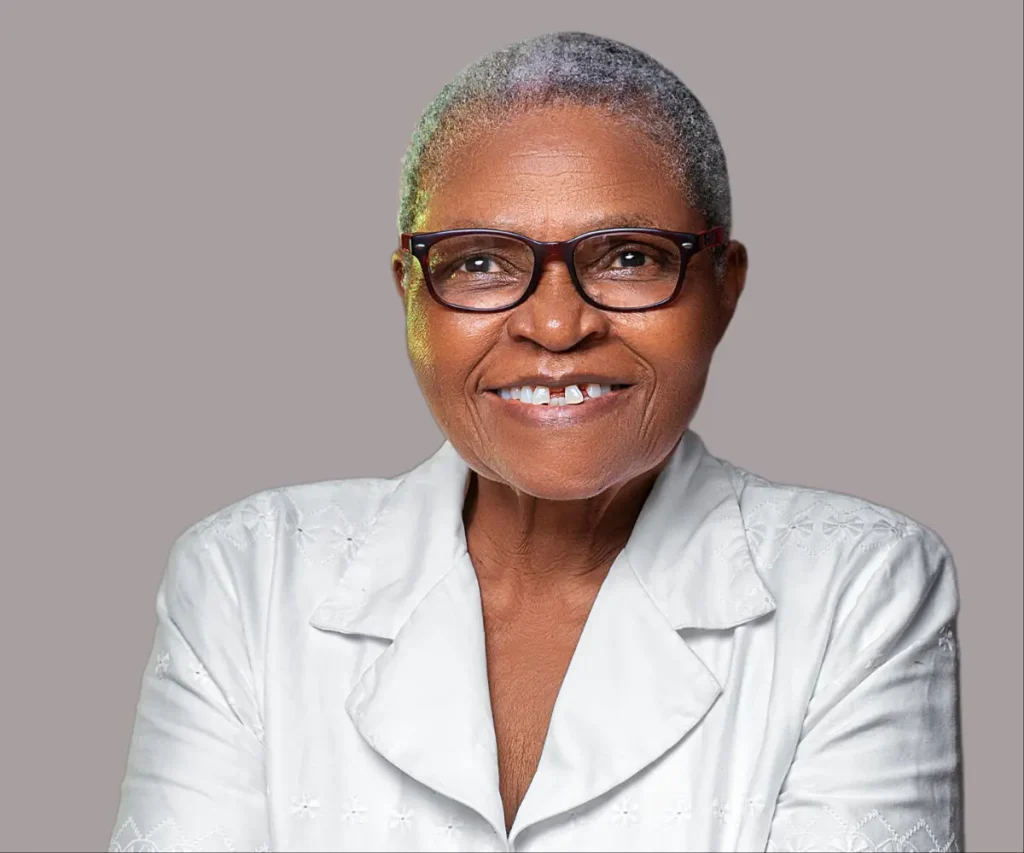CurrentReport Blog In a recent interview in Uyo, Akwa Ibom State, 82-year-old UK-trained retired nurse, Madam Mercy Umoh, emphasized the critical role of the Nigerian government and health practitioners in addressing the mass exodus of doctors and nurses from Nigeria to overseas in search of better opportunities.
Fondly known as “Nurse Mercy,” the octogenarian, who spent 12 years practicing nursing in England before returning to Nigeria, urged the government to improve working conditions for healthcare professionals. She highlighted the need for better wages, constant training, and an enabling environment to ensure that nurses can deliver their best to society.
“Nursing is a calling, and those who choose it must possess sympathy, empathy, humility, and perseverance to excel,” said Nurse Mercy. She stressed that nurses should remain selfless in their service, treating patients with the same care they would give to family members and friends.
However, she also acknowledged that nurses have lives and families to care for and should be adequately compensated for their efforts. “The government has to do more on the training of nurses. If they choose to be nurses, they should be encouraged to be good nurses,” she noted, emphasizing the importance of aligning with international best practices.
Nurse Mercy also called on healthcare workers to stay committed to their profession despite challenges, encouraging them to remember why they chose the nursing path. “When you say you go to greener pastures, it’s somebody that built that pasture. If you leave, who do you think will do it for you?” she questioned.
Beyond the healthcare sector, Nurse Mercy advocated for the establishment of caregiving homes for the elderly in Nigeria. She believes such facilities would not only create jobs but also provide essential care for older individuals, ensuring they have access to medical services and a better quality of life.
As Nigeria faces increasing healthcare challenges, Nurse Mercy’s call for improved conditions and support for nurses and the elderly resonates as a crucial step toward building a stronger, more resilient healthcare system.












